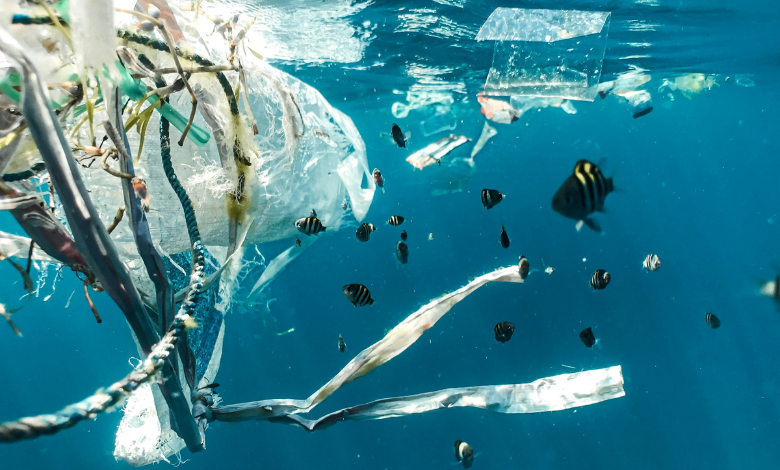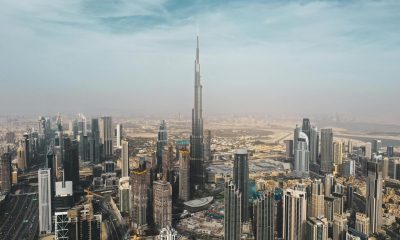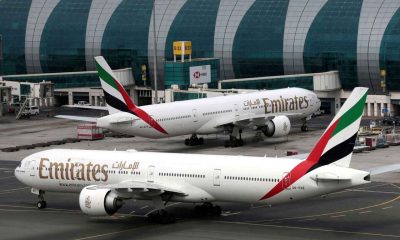1950 recorded the creation of about 2.3 million tonnes of plastic. But today, that figure has reached around 450 million tonnes and there are forecasts that it could double by 2050. Essentially, there is no sign that the amount being produced globally is decreasing.
It is important to improve awareness of the environmental problems caused by plastic waste. Finding better ways to sort plastic refuge into its various types is key if recycling rates are to increase, not least as it makes the recycling process more financially viable.
Teams from Khalifa University and Cycled Technologies are working on a method, operated by the ever-evolving artificial intelligence (AI), to potentially help create a breakthrough in plastic recycling. The technology appears promising.
Plastic recycling through near infrared spectroscopy
Detailed images enable the system to identify the type of plastic that the waste is made of. The equipment contains camera for detection and a variety of mechanical arms, multi-axis rollers and pneumatic manipulators for sorting.
The technology uses near infrared (NIR) spectroscopy, a method well established in plastics sorting and advocates say it is fast, non-destructive and capable of identifying numerous types. Samples are identified on the basis of how they absorb or scatter near infrared light.
The system can easily identify polythene terephthalate or PET (used for food packages and bottles, among other things), polypropylene or PP (used for bottles, food packaging and yoghurt pots) and high density polythene or HDPE (used for shampoo and bleach bottles).
Financially viable and almost 100% accurate
The Khalifa University and Cycled Technologies system can be used in community settings at lesser cost. In fact, big industrial facilities have been doing the same for over 10 or 15 years, but it had never been economically viable on a small scale until now.
The method employed, although still in a trial stage, is said to be almost 100% accurate. It is expected to significantly improve recycling rates across the globe to consequently reduce the quantities of plastic that enter the natural environment.
Aside from reducing the problem of plastic pollution, such as animals dying after becoming entangled or because of starvation, recycling plastics has a climate impact too. Compared to virgin plastic, it takes much less emissions to produce recycled plastic.






















